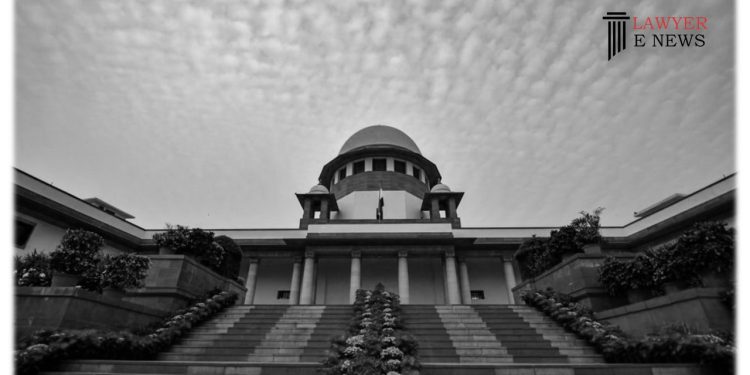-
by Admin
15 February 2026 5:35 AM



In a groundbreaking legal ruling, the Supreme Court has confirmed that rents payable to a creditor by a debtor are considered "assignable claims." The verdict, delivered on October 19, 2023, settles a significant legal debate and has far-reaching implications for financial transactions involving debts and contractual rights.
The case in question, IL&FS vs. HDFC Bank, centered around the transfer of rents by IL&FS, a borrower, to HDFC Bank, the lender. The dispute arose when IL&FS argued that the transfer of rents was not a legitimate assignment but rather a pledge. The Supreme Court's judgment has unequivocally established that such transfers of debts are assignable claims under the Transfer of Property Act, 1882.
The Court's observations during the judgment are instructive and emphasize the legality of the assignment. In the words of the Court, "An actionable claim would include a right to recover insurance money or a partner's right to sue for an account of a dissolved partnership or the right to claim the benefit of a contract not coupled with any liability."
Furthermore, the Court stressed, "The assignment of a debt will not be contrary to public policy solely on the grounds that the assignee has purchased the debt for a considerably discounted price or because that price is only payable after a period of credit. Nor will the assignment be contrary to public policy simply because the assignee may make a profit on the transaction at the end of the day."
This landmark judgment clarifies the distinction between pledges and assignments, solidifying the legal standing of debt assignments. It reinforces the practice of assigning debts and rights in financial transactions and has significant implications for creditors, debtors, and the financial industry as a whole.
The ruling reaffirms the principle that the substance of a transaction matters more than its form and that the nature and substance of the documents determine their legal implications. This decision is expected to have a profound impact on future financial agreements and will likely lead to greater clarity and certainty in such transactions.
Legal experts have hailed the judgment as a milestone in contract interpretation and property law, providing much-needed clarity on the assignment of claims and the transfer of debts. It is expected to guide future legal proceedings and set a precedent for similar cases, promoting transparency and efficiency in financial dealings.
Date of Decision: 19 October 2023
INFRASTRUCTURE LEASING AND FINANCIAL SERVICES LTD. vs HDFC BANK LTD. & ANR.
